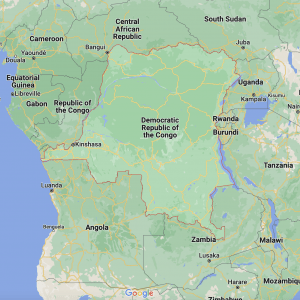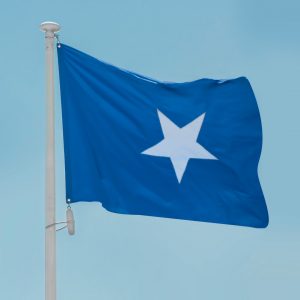India claims Bangladeshis killed along Indian border were criminals
DHAKA, Bangladesh (AA) – The chief of India’s Border Security Force claimed on Thursday that Bangladeshis killed along the border were criminals, ignoring his government’s commitment not to use lethal weapons during cross-border movements.
Pankaj Kumar Singh, the force’s director general, made the remarks at a press conference after the conclusion of a five-day border conference held at the Border Guard Bangladesh headquarters in Dhaka.
All the dead were “drug dealers and smugglers,” Singh claimed, explaining that every shooting occurred at night and not one during the day.
Rights activists say that despite repeated assurances that lethal weapons will not be used in border areas, the border force is killing dozens each year, making the border area the most violent in the world.
Bangladesh Foreign Minister AK Abdul Momen recently expressed outrage at border killings, condemning India for failing to meet its commitment to reducing the death toll to zero and phase out the use of lethal weapons.
Momen called the situation “shameful” for India.
A rights group said at least 48 people were killed by border force fire in 2020, with the majority of the deceased being shot.
According to another local rights group, Odhikar, the border force killed at least 1,253 Bangladeshis along the border from 2000 to 2021.
Allegation of trafficking
They were all criminals, Singh said, who cited border force verifications of the victims’ identities in collaboration with Bangladeshi security forces and intelligence agencies.
He said he believed that the deceased were involved in trafficking, and killed when they tried to cross borders illegally.
His force is collaborating with the Border Guard Bangladesh to reduce border killings to zero, he said, adding that 89 border force members were injured while preventing illegal activists along the Bangladesh-India border.
“Both sides also agreed to undertake joint efforts to bring down the number of incidents of assault/border crime by intensifying public awareness program, undertaking appropriate socioeconomic developmental programs in vulnerable areas,” according to a joint statement issued at the event’s conclusion.
Highlighting the significance of the Coordinated Border Management Plan in reducing the threat of smuggling contrabands such as various narcotics (especially Yaba), firearms, gold, and so on, both parties agreed to remain cautious and steadfast in their efforts to stop smuggling through the sharing of real-time information.










